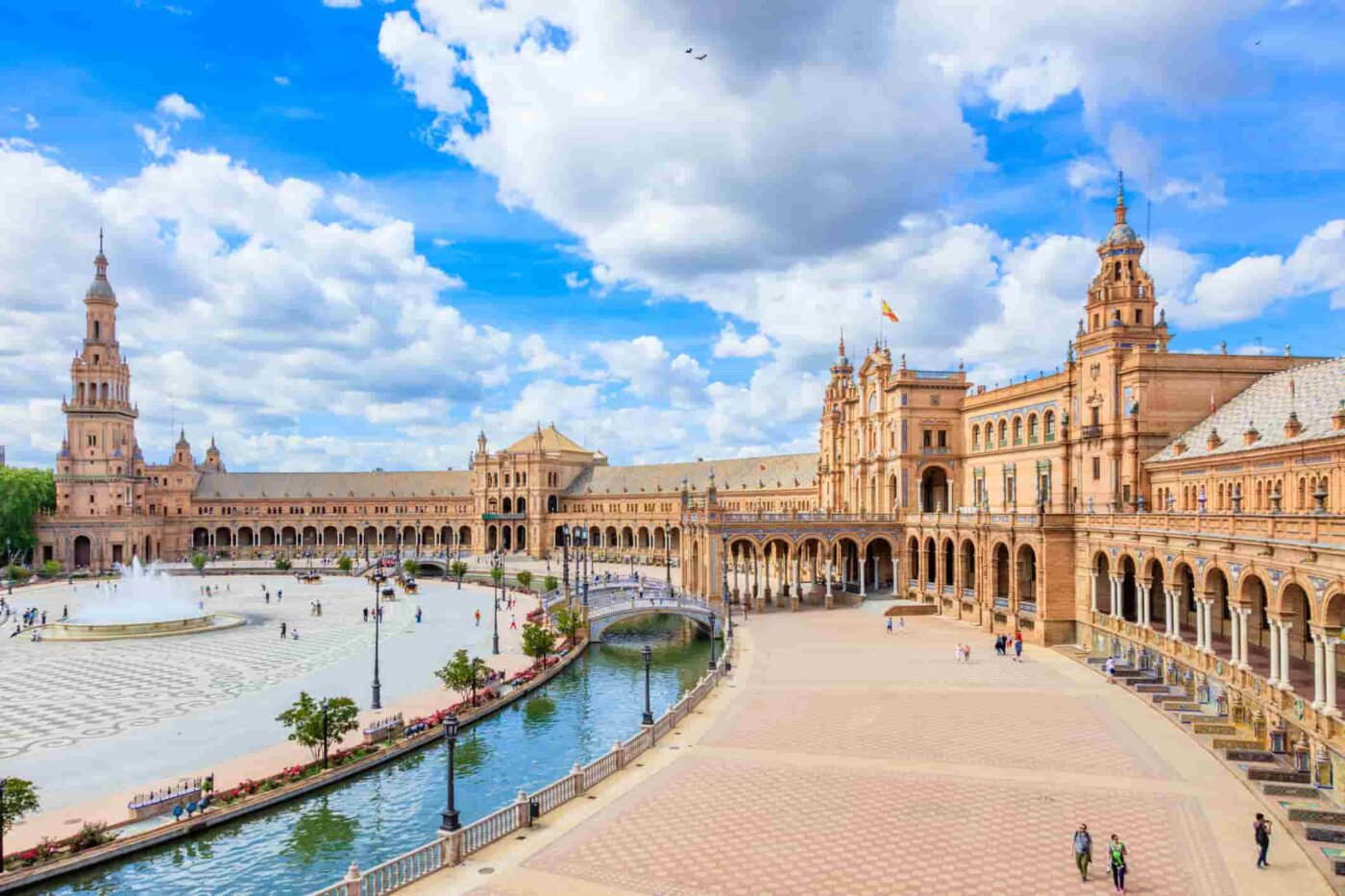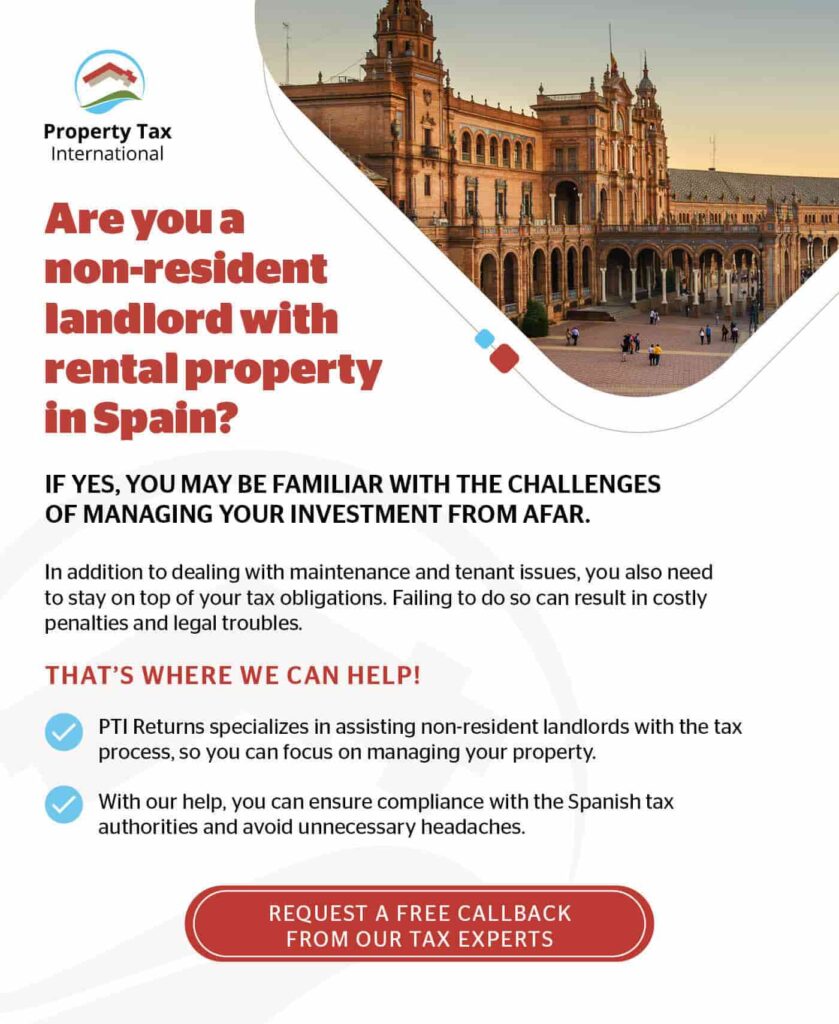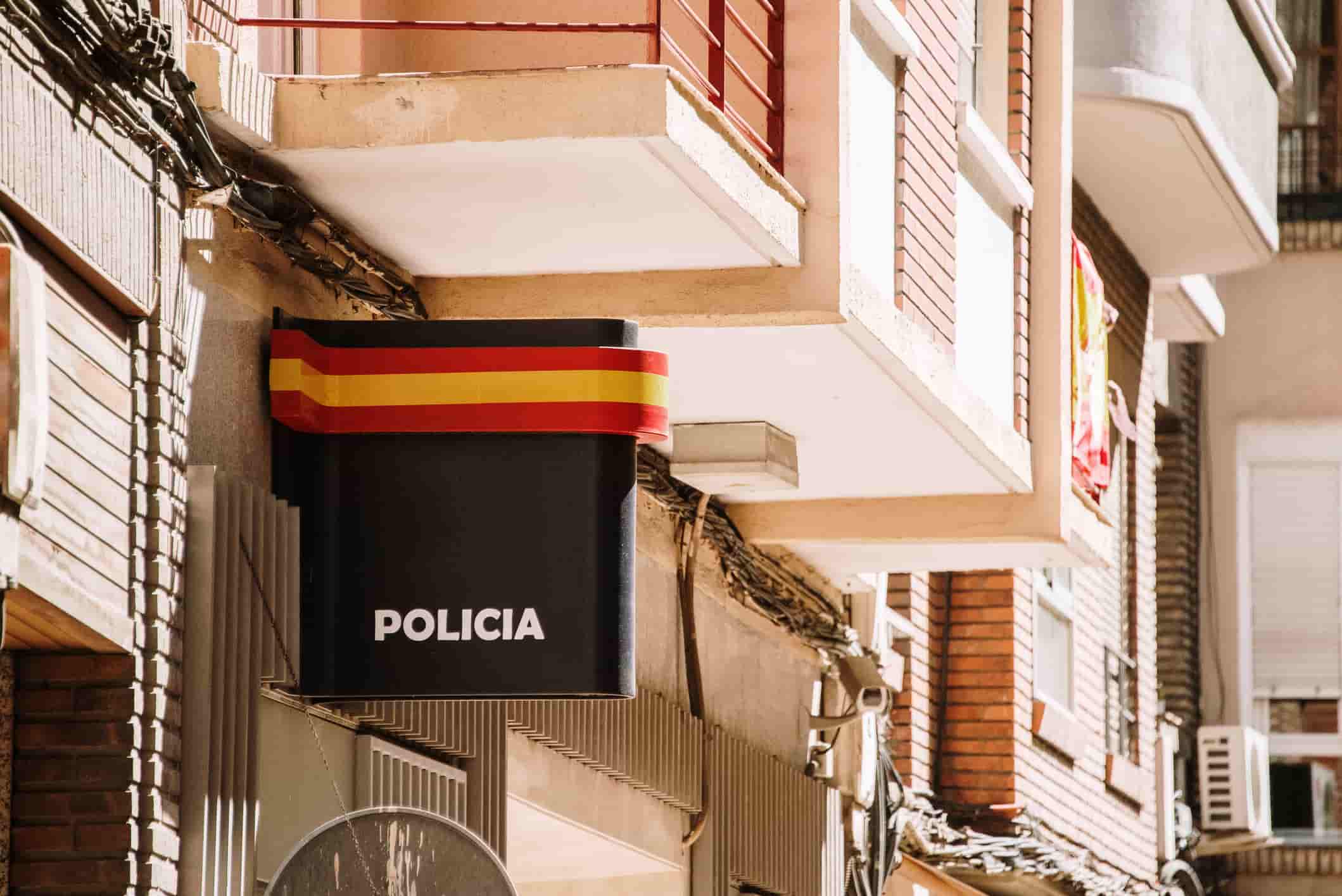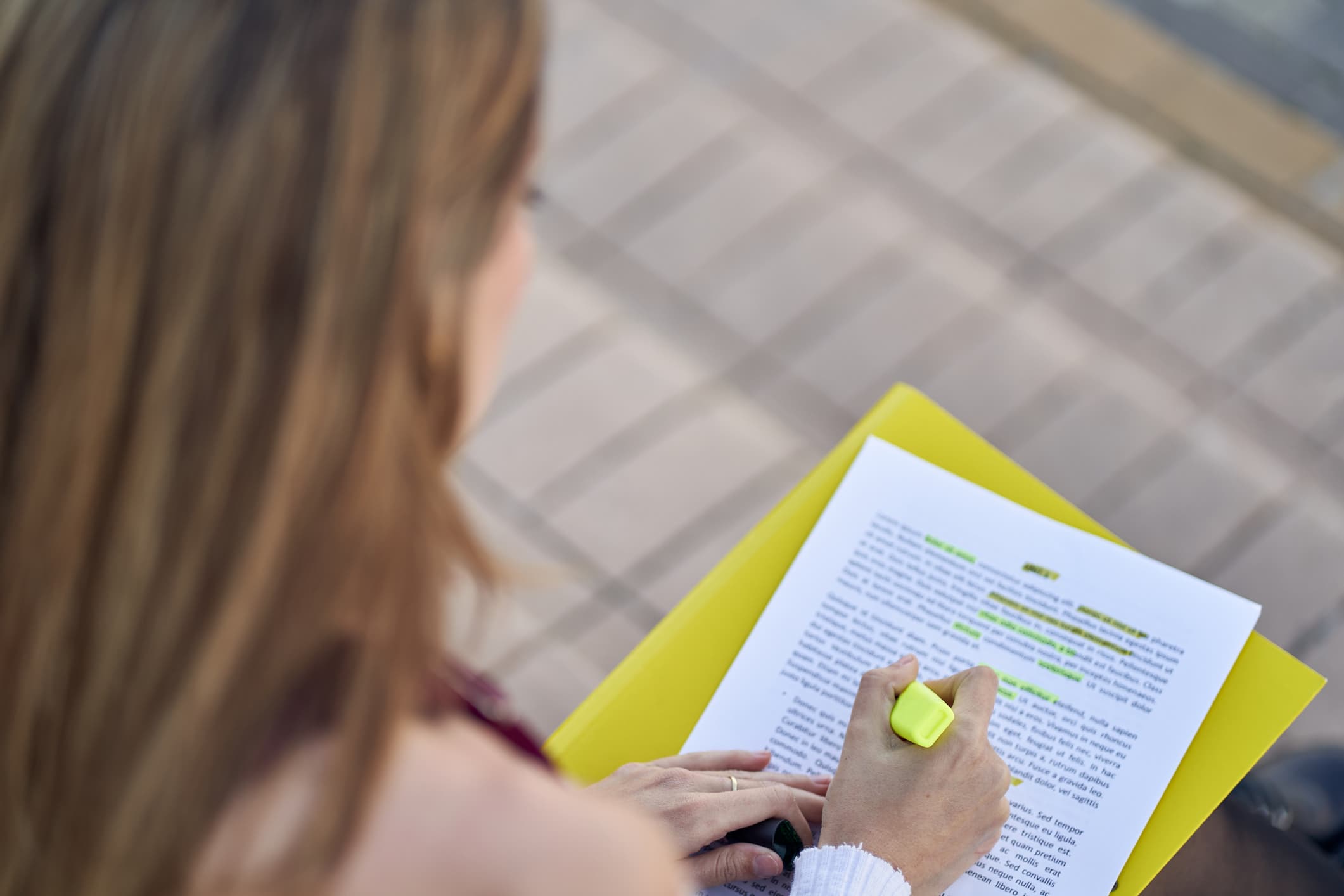Last Updated on January 7, 2025
Are you a non-resident planning to live, work, or own property in Spain? Are you wondering if you need to pay rental income tax in Spain? Then you’ll need to get familiar with the Spanish NIE number – a crucial identification document that all foreign residents in Spain must have.
But what exactly is the Spanish NIE number, and why is it so important?
In this article, we’ll take a deep dive into the world of the NIE number and explore everything you need to know, from what it is and how to get it, to why it’s essential for opening a bank account, buying property, getting a job, and much more.
So, buckle up, and let’s get started on this essential guide on the Spanish NIE number.
In this guide:
-
- What’s the Spanish NIE Number?
- What does the Spanish NIE number look like?
- Who needs an NIE?
- Why do I need an NIE number in Spain?
- How to get an NIE number
- What documents do I need to get an NIE number?
- How much does an NIE cost in Spain?
- How long does it take to get your NIE number?
- Getting your NIE number in Mallorca
- Can you apply for an NIE number outside of Spain?
- Can someone else apply for my NIE number?
- What’s the validity of the NIE number?
- What’s a temporary NIE?
- How do you renew your NIE?
- What’s the difference between NIE and NIF number?
- What’s the difference between the NIE number and the TIE card?
- Who can help me file my Spanish Income Tax Return?
What’s the Spanish NIE number?
The abbreviation N.I.E. stands for Número de Identidad de Extranjero in Spanish, which can be translated as Identification Number for Foreigners.
The Spanish NIE number is a personal, unique tax identification number given to non-residents who are involved in activities related to Spain.
What does the NIE number look like?
The NIE has nine digits and is composed of a letter, then a seven-digit number, and finally, another letter.
Who needs an NIE?
All foreigners in Spain for academic, business, economic, or professional purposes are required to obtain an NIE number.
Why do I need an NIE number in Spain?
You need it for almost anything. For any transaction or official procedure within the country.
For example, you will need an NIE when
- buying or selling property in Spain, or a car
- renting property
- studying in Spain
- opening a Spanish bank account
- setting up internet, phone, and utilities
- getting a Spanish driving license
- getting a job or becoming self-employed
- doing your tax return and paying your Spanish property taxes
- taking out insurance
- applying for a residence permit
- and more.
If you don’t have an NIE number, the Spanish tax authorities won’t be able to process annual tax payments, including income tax (IRPF) and the annual wealth tax (Patrimonio), which are mandatory for both resident and non-resident property owners.
Having an NIE alone is not sufficient for legal residency in the country.
In order to be a legal resident, additional procedures must also be completed.
Getting your NIE number in Mallorca
If you’re thinking about moving to Mallorca, whether it’s for work, to buy a house, or to get a car, you’ll need to secure your NIE number right away.
This essential number is your key to working and handling any significant financial matters as a foreign resident in Spain. Without it, those doors remain firmly closed.
In Mallorca, you need to visit the Oficina de Extranjería in Poligono de Levante, Palma de Mallorca, to get your NIE number.
The process is much faster now, taking only one to two hours, including wait time. You no longer need to queue early in the morning. Just remember to make an appointment beforehand.
At the Oficina de Extranjería, you’ll get a payment form. Take it to a bank to pay the fee, but note that banks often accept cash payments only at specific times and on certain days, so you might need to open a bank account.
After paying, return to the Oficina de Extranjería to get your NIE certificate.
If you’re a non-EU citizen, you might also need a notary certification explaining why you need the NIE (e.g., for a property purchase). This certification costs about €60, though this fee is variable.
Remember to bring your passport or ID card, along with a copy of it.
NIE application in Spain
How to get an NIE number
Foreigners have to apply for their NIE within 90 days of arriving in Spain.
You can get an NIE either in Spain or at the Consular Office of your country of residence.
To apply for an NIE number, if you speak Spanish and you are in Spain, you can also go to a police station (called Policia Nacional, Dirección General de Policía) that deals with foreigners (extranjeros). You might have to wait in line early in the morning.
To get the NIE number, it is necessary to make an appointment at the Police Station or Oficina de Extranjeros, regardless of whether you are currently in Spain or not.
You can schedule an appointment for NIE online here and select the appropriate province.
Then, choose “Policía – Certificados y Asignación de NIE” and provide your personal information in the form.
What documents do I need to get an NIE number?
You’ll need to bring:
- your passport and a copy of the passport (all pages)*
- two passport-sized photos
- a completed application form – EX-15 Form (see below)**. Original and one copy
- a certificate of residence – (you can receive this from the council of the municipality where you live)
- it is mandatory for all applicants to provide an original and a photocopy of a document that justifies the need for an NIE. This document can be a property purchase agreement, mortgage contract, employment contract, or any other official certificate that verifies the financial or professional interests of the applicant in Spain
- non-EU citizens should carry their landing card, visa, or any other evidence that verifies their legal entry into Spain
- Form 790 code 12 completed and payment of the corresponding fee. (When applying for the NIE in Madrid, the police will refer you to a gestor located nearby to complete Form 790.)
* Individuals who are citizens of European Union member states can prove their identity by presenting their original identity document along with a copy of the front and back.
**Here is the NIE Application Form in Spanish / EX-15 in Spanish
NIE Application Form in English / EX-15 in English
NIE Application Form in French / EX-15 in French
The English and the French form can serve as a reference, but they cannot be presented during the appointment as only the Spanish form is accepted.
How much does an NIE cost in Spain?
In 2024, the cost of applying for an NIE number for the first time is €10,71.
However, the fees may change based on where and how you apply (up to €15).
How long does it take to get your NIE number?
It may take a day or up to three weeks to get the NIE number.
Can you apply for an NIE number outside Spain?
Yes, you can.
You can go to the Spanish Consulate in your home country and submit your application there to get an NIE. It will be sent to you by email or post after a few days or weeks.
You’ll need your passport or ID card, a copy of it, a filled-out application form, and a stamped, self-addressed envelope to complete your application.
You might not be required to provide the envelope because certain consulates may email you the NIE. To confirm the criteria in your country, it is best to get in touch with your local consulate.
Can someone else apply for my NIE?
If waiting in line or speaking Spanish is a challenge for you, you can ask someone else to apply for your identification number.
You’ll still need the same documents mentioned before, but you’ll also need to assign an official representative, like an accountant or a lawyer. The representative must also provide their identification document or passport.
They’ll give you an authorization form to sign (power of attorney), and they’ll handle everything else.
However, this method usually takes longer (around four to six weeks), and it can cost between €100 to €200 per NIE application.
- Read also:
UK resident selling property in Spain – Everything you need to know
Overseas rental income tax – A Guide for American investors with property abroad
2024 Guide to Rental Income Tax in Germany
What’s the validity of the NIE number?
Previously, NIE number certificates were only valid for three months from the date of issuance. It was mandatory to apply for residency or register as a non-resident within this period.
However, the regulations have been changed, and now NIE number certificates do not have an expiration date and will be yours for life.
Despite this, the implementation of regulations can vary in Spain, and there may be some notaries who refuse to accept old certificates that have passed the three-month expiration date.
This can cause problems for those individuals who possess old certificates. Therefore, it is advisable to check your NIE certificate for an expiration date and obtain a new one without an expiration date if necessary. The bureaucracy in Spain can be complicated, and it is better to be cautious to avoid any issues.
What is a temporary NIE?
- the validity of a temporary NIE is only for three months
- temporary NIEs are granted to individuals who intend to purchase a property in Spain
- to convert a temporary NIE to a permanent NIE, you must schedule another appointment and provide additional information as well as fingerprints
How do you renew your NIE?
It is not necessary to renew the NIE itself. However, the TIE (foreigner ID card or “tarjeta de identidad de extranjero”) associated with the NIE must be renewed. To renew the TIE, you can visit the same location where you obtained it, provided that you make an appointment in advance.
What’s the difference between NIE and NIF numbers?
The NIE is a number for non-residents who live in Spain, while the NIF is the number used by Spanish citizens for tax purposes. Non-Spanish citizens do not receive an NIF number.
What’s the difference between the NIE number and the TIE card?
The TIE, which stands for “Foreigner’s Identification Card” in Spanish, is a necessary card that non-EU foreign residents must obtain in Spain if they intend to reside there for more than six months. EU nationals do not need it.
An NIE number appears on a TIE card.
What we do
Are you a foreigner who owns property in Spain?
At Property Tax International (PTI Returns), we’re dedicated to helping non-resident landlords navigate the often complicated world of Spanish tax obligations.
Our experienced team specializes in filing annual income tax returns in Spain for non-residents, so you can focus on managing your property from afar.
Don’t let the stress and confusion of taxes weigh you down.
Property Tax International is a part of Clunetech. We have more than 25 years of experience in international tax, and we will keep you compliant with the Spanish tax authorities.
Choose Property Tac International over local accountants for these 5 reasons:
- We offer a more affordable service than your local accountant
- Online one-stop-shop for filing tax documents in multiple jurisdictions
- Expertise in international property tax, determining residency status, and applying for tax reliefs
- No language barriers, our tax experts are communicating with local tax authorities on your behalf
- Global presence and local knowledge to maximize your investment profit potential
Contact Property Tax International today for a free, no-obligation consultation with our property tax advisors. Let us help you take care of the paperwork while you take care of your property.




